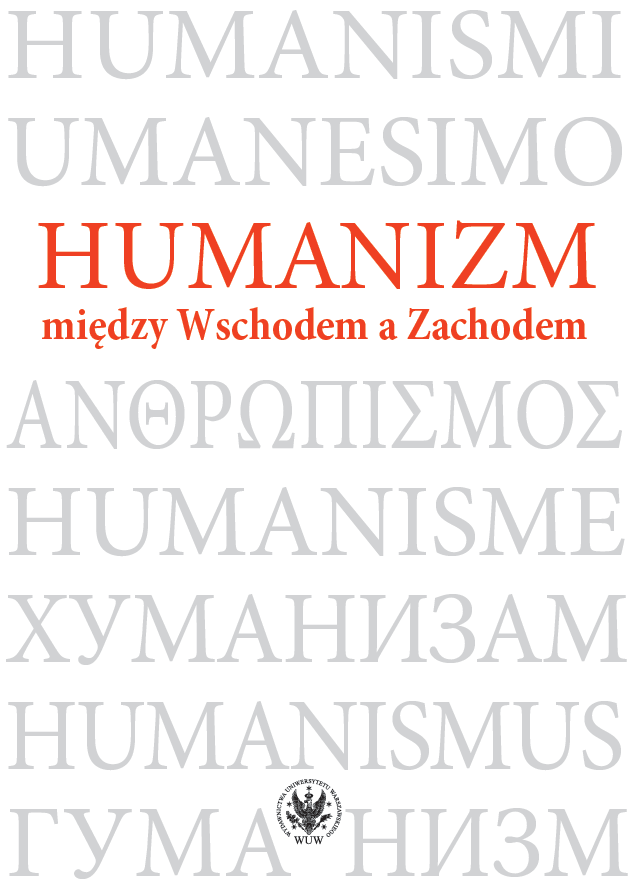Słowiańszczyzna między humanizmem zachodnim a ideami Wschodu. Humaniści ze Wschodu i Zachodu w Karłowicach
Slavdom between Western humanism and Eastern (European) ideas: Humanists from the East and West in Sremski Karlovci
Author(s): Jolanta Sujecka
Subject(s): Studies of Literature, Philology
Published by: Wydawnictwa Uniwersytetu Warszawskiego
Keywords: Slavia Orthodoxa Realm in the Balkans; Polish thirteen-syllable meter; Jovan Rajić; Habsburg Serbs; transmission of Poland’s Baroque
Summary/Abstract: The article deals with the cultural transmission of Western humanist ideasand writings via the Ruthenian redaction of Church Slavonic to writers of Slavia Orthodoxa Realm in the Balkans. One of the most interesting facts (especially for researchers from Poland) is the peculiar transmission of the Polish Baroque that the Habsburg Serbs owed to the educational mediationof teachers from Russia and from the Kyiv-Mohyla Academy. A completely unique example of this phenomenon is the Polish thirteen-syllable metre,or poljski trinaesterac, which was the binding form of syllabic verse in Serbian Baroque poetry throughout the 18th century. It was excellently – and rathercuriously – realized in Jovan Rajić’s 1791 anti-poem Boj zmaja sa orlovi (The Battle of the Dragon with the Eagles). The main question arises as to the role played today by the works of European humanists from over a hundred years ago which reached the Habsburg Serbs through Western and Eastern mediators. The consolidation of the influence of works seen as culturally outdated in regions considered civilizationally backward, and this is the case with Sremski Karlovci, puts into question the sense of applying the category of modernity as a key to explaining hybrid phenomena that dominate on what we call the cultural periphery. The work of Orbini, the Annals of Baronius, and, finally, poljski trinaesterac, make us aware of the multifaceted character of the cultural and civilizational affiliation of Habsburg Serbs and the centre in Sremski Karlovci, which fulfils the role of a cultural mediator among Balkan Slavs on anincredible scale – a fact that is not sufficiently noted by scholars dealing with Slavia Orthodoxa Realm in the Balkans.
Book: Humanizm między Wschodem a Zachodem
- Page Range: 47-58
- Page Count: 12
- Publication Year: 2019
- Language: Polish
- Content File-PDF

